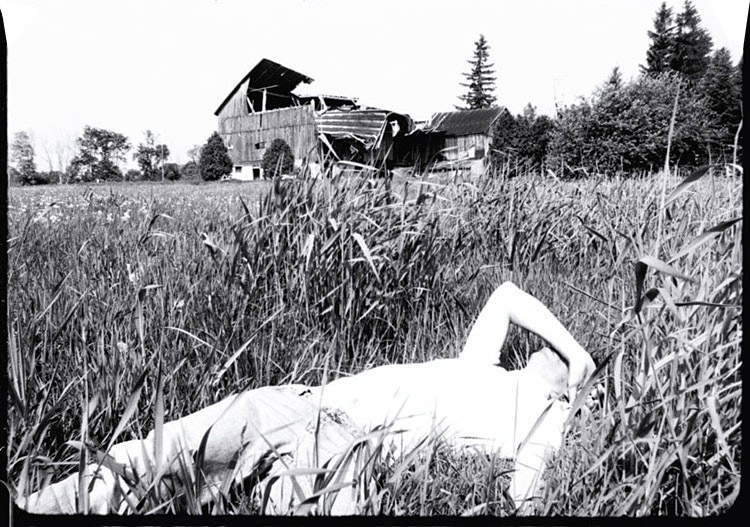
‘All Fall Down (Philip Hoffman 94 min, 2009 Canada HDCAM) is an experimental documentary that takes as its starting point a nineteenth century farmhouse in Southern Ontario, Canada, and asks the question `what has been here before?’
The film weaves together a complex temporal structure that juxtaposes the lives of two figures, one historical (Nahneebahweequa: a nineteenth century aboriginal woman and` land rights activist) and the other contemporary (an ex-pat drifter and father of the filmmaker’s step daughter) across two hundred years.
The film explores these characters through a variety of archival materials: diaries, landscape paintings, photographs, heritage films, poems, phone messages, maps, historical reenactments, songs) that express the complexity of time and the politics of land. The film is structured through Hoffman’s extraordinary landscapes of Southern Ontario which make the temporal fabric shimmer, bringing us a meditation on childhood, property, colonialism, ecology, and love.
Available from: Canadian Filmmakers’ Distribution Centre
401 Richmond St. W., Suite 119
Toronto, Ontario,
Canada M5V 3A8
telephone: 416-588-0725, email: bookings@cfmdc.org
web: www.cfmdc.org
Canyon Cinema
145 Ninth St. #260
San Francisco, CA, USA. 94103
phone/fax 415-626-2255, email: films@canyoncinema.com
web: www.canyoncinema.com
Film Stills & Photographs
For high-resolution versions of these images for use in print or online, please contact chimera imaging.
Press Kit
ALL_FALL_DOWN_Press_Kit_2010 (PDF)
“The paintings and writings of Homer Watson and Paul Kane are featured and explored in the film, along with writers George Orwell and Wallace Stevens. Contemporary figures such as organic farmer and raw milk advocater Michael Schmidt also appears in the film. Composers Toni Edelmann and Tucker Zimmerman have created the music for the film and the film was co-written with Janine Marchessault.”
Screenings
- On Thursday December 10, 2015, Philip Hoffman will attend a screening of some of his work as part of (read more…)
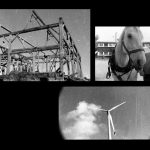
- Film Farm at Alchemy Film & Moving Image Festival in Scotland
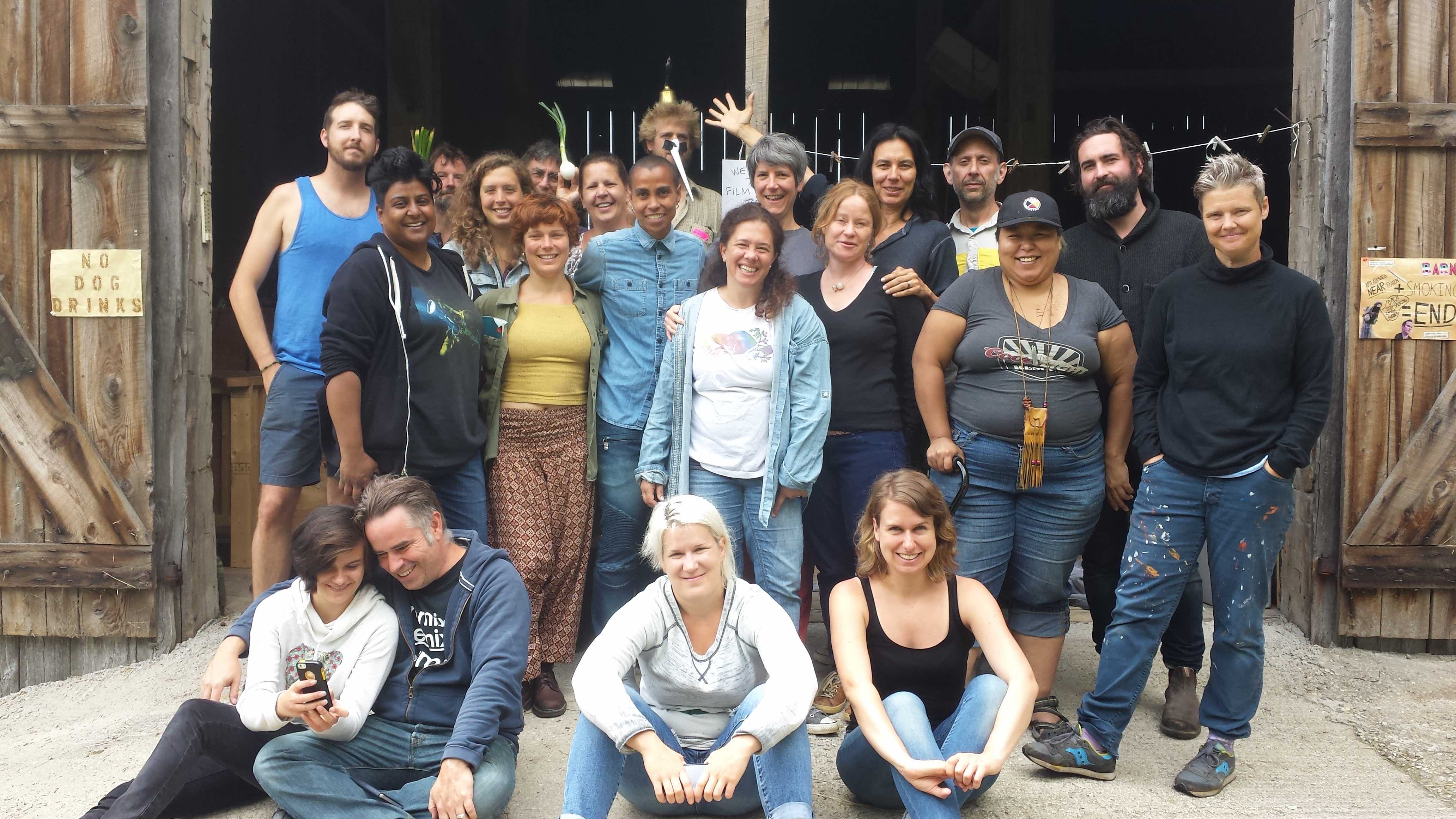
The film farm was represented at Alchemy Film Festival 2017 in Scotland in a … (read more…)
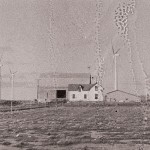
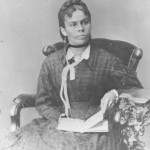
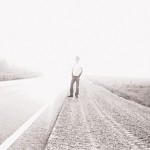
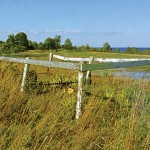
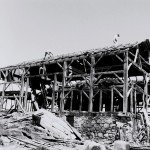
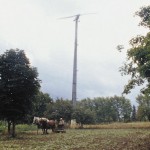
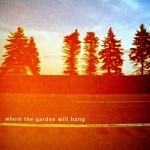
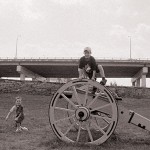
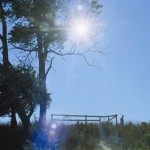


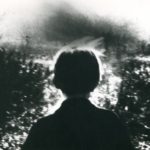
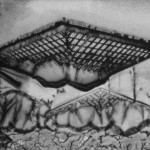

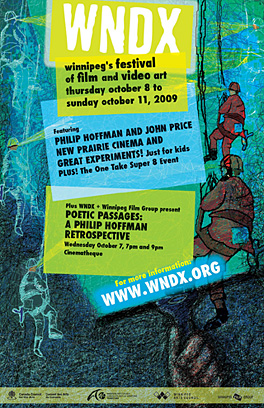 DEATH, LIFE, LOVE, MEMORY AND LOSS TOGETHER COMPRISE THE ESSENTIAL STUFF THAT FORMS THE OEUVRE OF CANADIAN EXPERIMENTAL DOCUMENTARY FILMMAKER PHILIP HOFFMAN
DEATH, LIFE, LOVE, MEMORY AND LOSS TOGETHER COMPRISE THE ESSENTIAL STUFF THAT FORMS THE OEUVRE OF CANADIAN EXPERIMENTAL DOCUMENTARY FILMMAKER PHILIP HOFFMAN